Ireland have cracked the rugby code – but Steve Borthwick’s England have a plan to match them
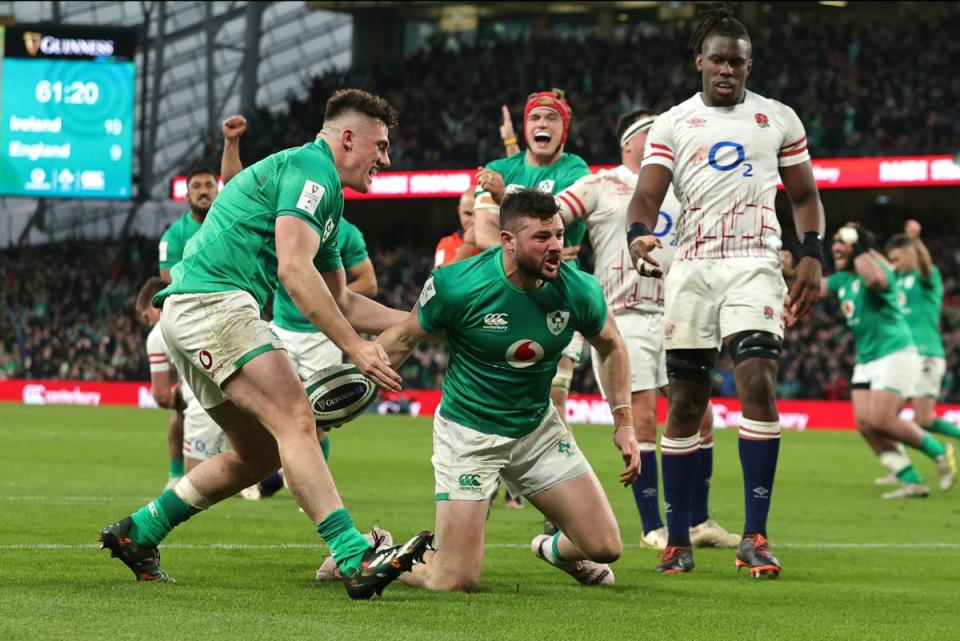
It has fast become rugby’s great puzzle – how do you stop Andy Farrell’s Ireland? The green giants of the Six Nations march towards history and a second consecutive grand slam with inexorable intent, carrying the confidence and certainty befitting one of the best teams of the modern era. In the last two years, their record reads played 25, won 23, lost two; the last time Ireland lost to someone other than New Zealand or France, Joe Biden had been in office for a fortnight.
How do you beat them? The answer at the World Cup was to produce something resembling rugby perfection. In the All Blacks’ quarter-final win in Paris, New Zealand turned the ball over thrice in 80 minutes; they did not allow Ireland a single scrum feed. Ireland were rattled, ruffled and roughed up, but were the girth of Jordie Barrett’s thigh away from victory; New Zealand still required a remarkable 37-phase defensive stand to cling on at the end.
Good luck England. “Let’s be clear,” Steve Borthwick said in open-eyed acknowledgement of the challenge ahead of Ireland’s arrival at Twickenham on Saturday. “Ireland right now, we can all agree, are the best team in the world. They might not have won the World Cup, but the way they’ve been playing through the first period of this championship, they are the best team in the world.”
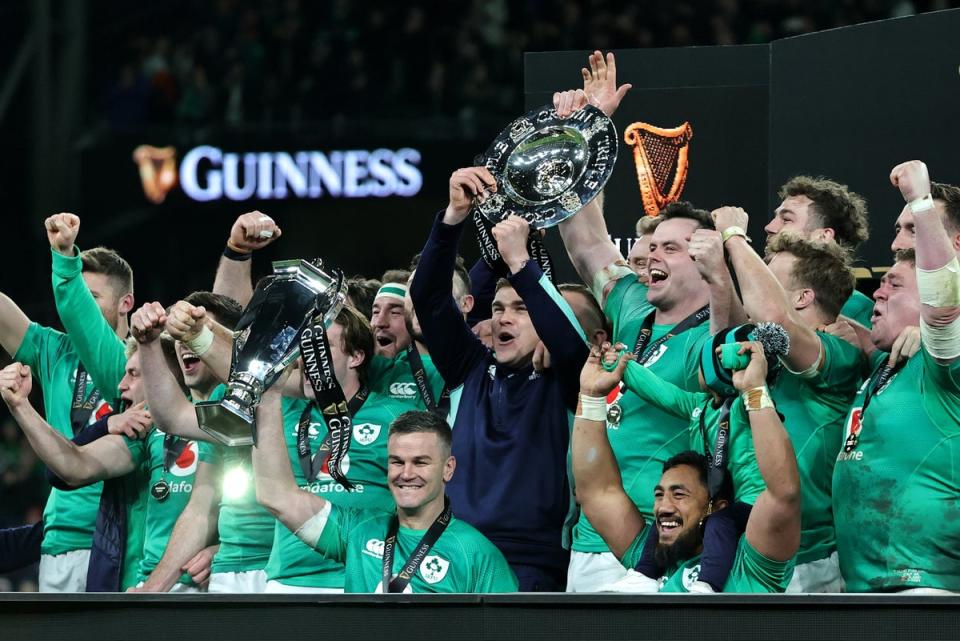
It seems as if Farrell’s men have written their own rugby code, a cipher for each scenario; a solution for every syntax error. Compete at the lineout? Ireland can maul better than just about anyone. Stay on the deck? They have the strike plays to cut you to pieces. Kick long to their back three? James Lowe will punt possession back to whence it came. Try to contest in the air? Ireland flick into gear faster than anyone off broken ball. Even when the sequencing is imperfect, as it was against Wales, Ireland are good enough to overcome it.
But England’s own codebreaker spies opportunities. During the World Cup, Jonny May compared Borthwick to Alan Turing, praising the coach for his ability to find, develop and implement a big-match gameplan to achieve success. England remain enigmatic, riddled with errors in Edinburgh, but Borthwick and his staff were encouraged on review by their progress towards their new attacking principles and defensive doctrines – until the players diverted from the plan laid out for them.
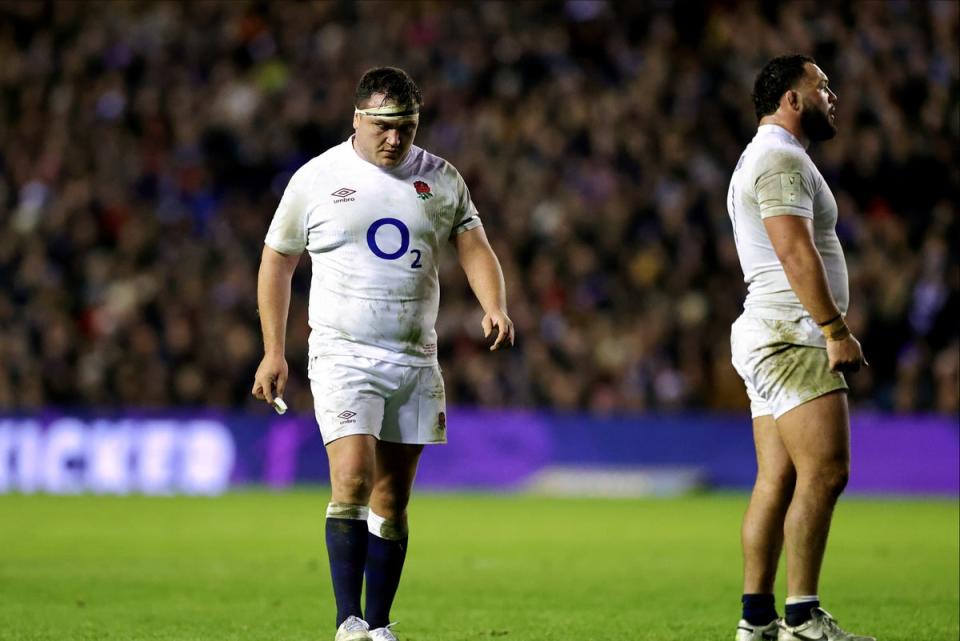
Having been frustrated at his side for tipping the board over when the dice didn’t fall their way in the first half against Scotland, Borthwick has again meticulously prepared a strategy he feels can match Ireland. In Dublin a year ago, his side tried to suck the life out of a St Patrick’s Day party, succeeding for a while in creating a slow and sloppy contest. The whispers this week suggest a more ambitious effort to play with pace and go toe-to-toe with the green Goliath.
It will require England to swell in size and skill – and there are so many reasons to doubt this side given their track record over the last four years – but Borthwick’s side have returned to familiar rhetoric of relishing being written off.
“I’ve seen the England team in recent times going into situations where the opposition were fancied ahead of us and I’ve seen them jump at the challenge,” Borthwick explained. “I sense that from them now. Ireland haven’t lost that many games so you’re looking at all those passages of play and periods of games where Ireland have been challenged.
“Fundamentally, there are certain things you need to do. One, they usually they have a really dominant kicking game. They’re usually a team that kicks incredibly long. If you allow that to be dominant, they keep putting you back into your half. You have to find a way to not allow that to happen.
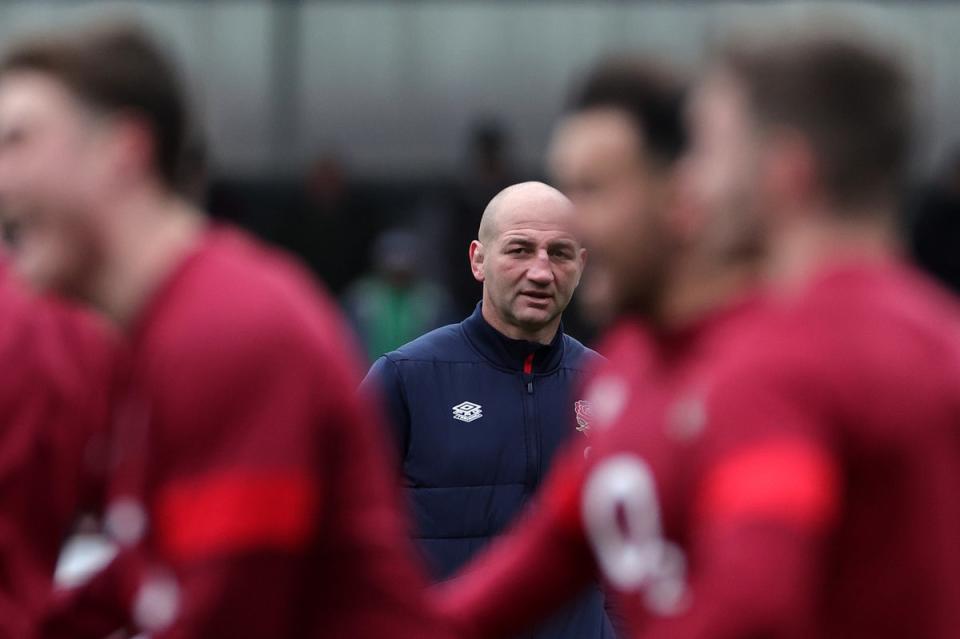
“Secondly, they challenge the breakdown in all kinds of ways. They’re going to challenge you in every way. Your ball carrying and breakdown needs to be excellent. We worked on that.
“The third aspect I talk about is Ireland’s attack. Their ball movement; they make so few handling errors, and they’ve so many ball players, it looks so cohesive. They operate in such a unified manner; you have to disrupt that. If you don’t disrupt that, they’re going to score.”
Elements of the plan are shown in Borthwick’s selection. George Furbank retains his place at full back and has been encouraged to continue to bring his counter-attacking strength, while George Martin’s inclusion adds an extra second row resource in rucks to the starting side. Martin’s extra mass may be required to destabilise an Ireland scrum that England cannot allow to get on top of them, while the presence of three long-limbed locks in the starting side is a nod to the importance of the lineout and maul contest.
Keeping 15 men on the pitch would be a help for England, too. It has been pointed out by several squad members this week that they have actually matched their vaunted visitors for long periods in their last two Six Nations meetings, even after Charlie Ewels and Freddie Steward’s first-half dismissals.
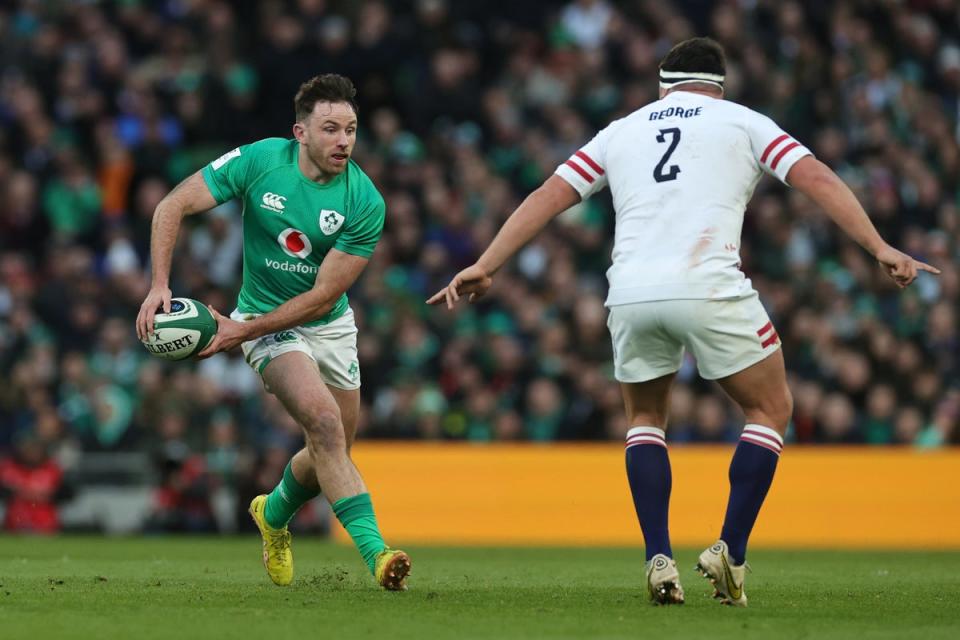
But this feels like a different Ireland even to the grand slammers of a year ago, more ruthless and self-assured. Newer faces Joe McCarthy and Jack Crowley have only accentuated the strengths of a world-leading system on and off the pitch, and Hugo Keenan is fit again at full back. Ireland’s three winning margins in this Six Nations each exceed the combined tally of 19 points that has decided the six other matches so far – a chasm has opened up between the best and the rest and it will take an extraordinary England performance to close it.
England vs Ireland at Twickenham, kick-off at 4.45pm, Saturday 9 March, coverage starts at 4.20pm on ITV1

